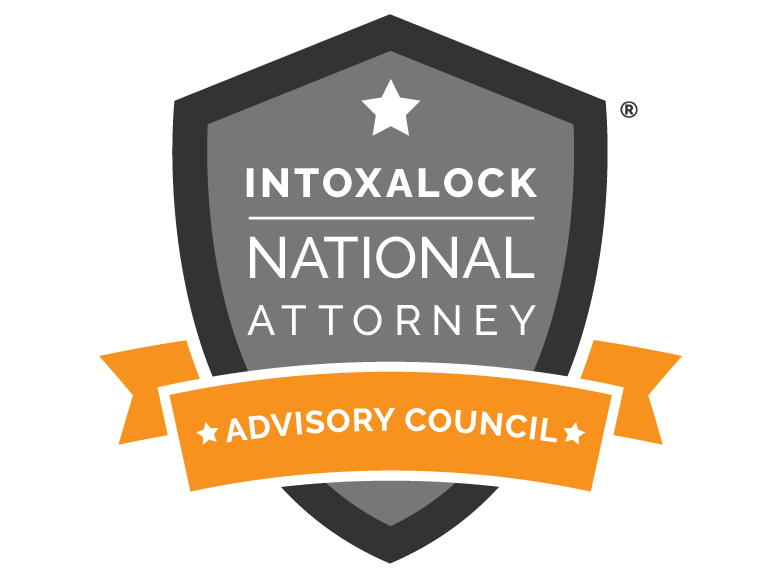In Texas, a deferred adjudication is a legal option for those who plead guilty or no contest. This option may enable a defendant to avoid a trial and possible conviction. A guilty or no contest plea to charges can be exchanged for deferred adjudication, giving a judge the option to defer a guilty verdict for a defendant agreeing to an alternative course of action.
Some of these alternative actions may include:
- Probation fulfillment
- Performing community service
- Attending educational programs
If these alternatives are successfully completed either with the help of a San Antonio probation attorney or by the defendant independently, the defendant’s case can be dismissed by the court, keeping a conviction off their criminal record.
The Terms of Deferred Adjudication
Probation is also known as community supervision in Texas. For the defendant, community supervision essentially means exchanging a punishment of jail or prison for being supervised by the court in the community. The terms of these supervisions can last for up to two years for a misdemeanor and up to ten years for a felony.
The two types of community supervision are:
- Deferred adjudication
- Straight probation
Only a judge can probate a defendant’s sentence to either of these alternatives, and requirements will be imposed. Some examples of these requirements include:
- Not being charged with an additional criminal offense
- Drug testing
- Mandatory employment
- Community service
Because deferred adjudication can only be granted by a judge and not a jury, if a defendant chooses a trial by jury, the option of deferred adjudication is taken off the table as a possible punishment.
Violations to the terms of the deferred adjudication may result in a district attorney filing a Motion to Enter an Adjudication of Guilt (MTA), which asks a judge to revoke this special kind of probation. If a judge adjudicates or finds the defendant guilty, the defendant can be punished with a full jail sentence commensurate with the criminal offense.
First-time offenders are often offered deferred adjudication, because unlike straight probation, it allows people to successfully finish their punishment without a finding of guilt.
If the terms of the judge’s deal are completed successfully, deferred adjudication does not disappear from a defendant’s record. A petition for non-disclosure must be filed to seal the record. Not all criminal offenses are eligible for non-disclosure, and if it is a felony charge, it requires a five-year waiting period after the completion of the probation to file for non-disclosure.
Because of the non-closure option to seal records, deferred adjudication is often referred to as the better type of probation. It also allows for the defendant’s record to be free of a conviction, and there are possibilities for early termination of the probation.
When Should I Contact a Lawyer?
If you have been arrested, even for a minor offense, your mind must be racing…how will your life be impacted, disrupted? How will my family and employers handle the news? The San Antonio criminal defense attorneys at Hoelscher Gebbia Cepeda, PLLC, know an arrest can be all-encompassing.
Probation or community supervision can be just as difficult to maneuver through the legalities. We are here to help you put your legal troubles behind you by devoting our personal attention to your case and aggressively representing you.
Whether you have struggled with probation or made real strides under community supervision, contact us for a free consultation by clicking here or by calling (210) 222-9132.
 Responsive Dedicated Aggressive
Responsive Dedicated Aggressive 
















